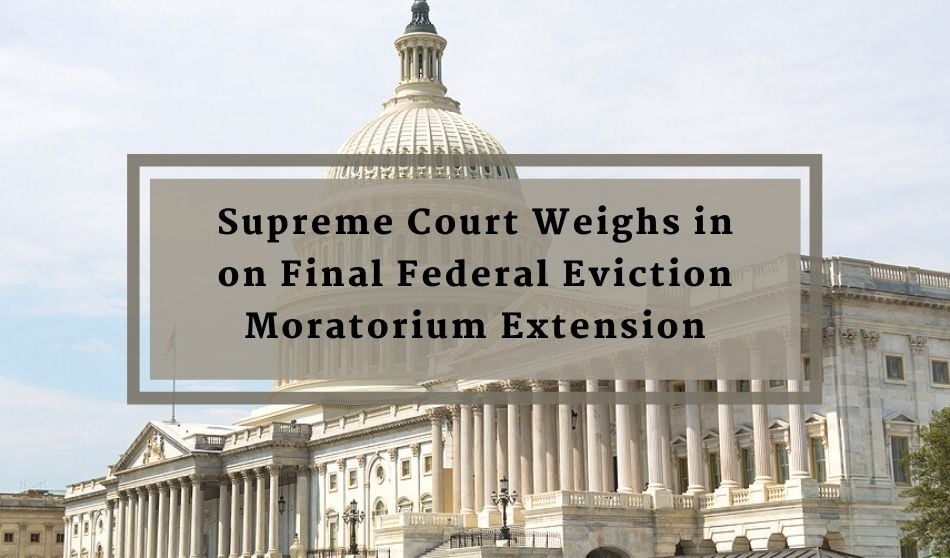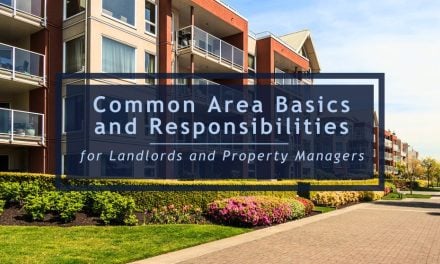
As a nation, we are entering a bittersweet season. While many are returning to pre-pandemic activities like vacation travel and gatherings, many are still in the throes of turmoil caused by unemployment and illness such as evictions and foreclosures.
Final CDC Moratorium Extension
The Center for Disease Control (CDC) has issued its last extension to the eviction moratorium bringing those protections to an end July 31, 2021. The White House released a fact sheet to outline initiatives for housing stabilization in response to the last extension of the CDC eviction moratorium announced last week.
The fact sheet reiterates a total of 46 billion dollars has been allocated for renters to pay back past due rent and outlines support and guidance for State and local courts to participate in eviction diversion efforts. These diversion efforts may include counseling, legal services, and help families experiencing homelessness gain access to assistance.
NRP reports that The National Low Income Housing Coalition states that in some states less than 5% of the funds have been distributed so far so these diversion efforts are vital in helping to reach those with the greatest need.
The comprehensive fact sheet can be read here: Biden-Harris Administration Announces Initiatives to Promote Housing Stability By Supporting Vulnerable Tenants and Preventing Foreclosures.
For more information, this guidance was released by The Biden-Harris Administration in May as the backbone to aid state and local governments to help renters in need: US Department of the Treasury Emergency Rental Assistance Fact Sheet
Also released, The Federal Housing Finance Agency (FHFA) announced its final stay for foreclosures and rental evictions last week. This and the final CDC moratorium continues to protect loans from foreclosure that are backed by:
Fannie Mae or Freddie Mac
The US Department of Veterans Affairs (VA)
The US Department of Agriculture (USDA)
And the Federal Housing Administration (FHA)
Supreme Court Weighs in on Final Federal Eviction Moratorium Extension
On June 29th, the US Supreme Court in a vote of 5-to-4 decided in favor of a continued stay on the District Court’s ruling from May against the CDCs authority to issue the moratorium. This is the second stay related to the eviction and foreclosure moratorium. The first allowed time for an appeal. However, the appeal in June also upheld the stay and prompted the case to go to the Supreme Court.
Although the court didn’t offer a reason for its final decision, US Supreme Court Justice Brett Kavanaugh agreed the CDC exceeded its authority to issue the moratorium. He cast the final vote against lifting the stay with this reasoning:
“Because the CDC plans to end the moratorium in only a few weeks, on July 31, and because those few weeks will allow for additional and more orderly distribution of the congressionally appropriated rental assistance funds,…” but continues on to state his view that, “clear and specific congressional authorization (via new legislation) would be necessary for the CDC to extend the moratorium past July 31.”
Read Justice Brett Kavanaugh’s Opinion on 594 U.S. _ (2021) No.20A169: Application to Vacate Stay
According to Eviction Lab, a team of researchers dedicated to understanding the sudden and traumatic loss of home through evictions, calculate that landlords file 3.7 million eviction cases a year nationwide on average.
The Aspine Institute estimated that 30-40 million people in America were at risk for an eviction in the months following August last year. Although some estimates place the number of renters behind on rent today between 7 and 11 million, down significantly from a year ago, those are still staggering numbers that will overwhelm the court systems and temporary housing options such as shelters.
CNBC reported in May that, “Experts say the number of evictions could skyrocket when the ban lifts” noting The Center on Budget and Policy Priorities estimates “around 15% of adult renters are not current on their housing payments.”
These estimates don’t take into account the number of foreclosures that are also set to cascade across the country.
Fortunately, according to the Consumer Financial Protection Bureau, there is still time to apply for mortgage relief such as mortgage forbearance. Forbearance allows those homeowners unable to pay their mortgage due to COVID-19 related hardships to skip their monthly mortgage payments for up to 18 months. For example:
- For Fannie Mae or Freddie Mac loans there is no deadline to apply. However, for those that have applied by February 28, 2021, you are allowed up to two additional 3-month extensions for a total of 18 months.
- For HUD, FHA, USDA, or VA-backed loans the deadline os September 30, 2021 to request an initial forbearance. If your initial request was on or before June 30, 2021, you may be eligible for two additional 3-month extensions for a maximum of 18 months.
Note there may be other limitations and qualifications that apply so be sure to check out The Consumer Financial Protection Bureaus resource for more information | Learn About Forbearance
Because of the coming wave of evictions and foreclosures, some states are taking steps to distribute funds as well as make policies to protect renters and homeowners from the repercussions from the pandemic on their housing choice.
For instance, Governor Gavin Newsom was reported to say California will pay off all the past-due rent related to the pandemic. With that assurance, in a budget vote this week 8.1 billion has been set aside as stimulus payments from $600 to $1,100 for most Californians and $12 billion over the next two years to address homelessness.
California has also voted to extend its moratorium through September 30, 2021. Additionally, they have provisions in place to protect housing seekers from being rejected based on pandemic-related past-due balances.
Getting Financial Assistance
No longer unpredictable, unless other states adopt policies to slow the momentum, the nation will see evictions, tenant turnover, foreclosures at nearly unparalleled rates since the great depression. That makes getting funds disbursed to cover unpaid rent and help for landlords and homeowners all the more important to stave off these evictions, foreclosures, and possible homelessness.
If you need financial assistance, here are a few resources to investigate:
Renters
The Department of Housing and Urban Development (HUD) offers this contact number for renters to find local housing assistance programs in their area: 800-569-4287
Consumer Financial Protection Bureau | Help for Renters
Tenant Resources | Help with Rent and Other Financial Assistance
Homeowners / Landlords
HUD offers resources to find foreclosure avoidance, reverse mortgage, and other counselors here | Talk to a Housing Counselor
Consumer Financial Protection Bureau | Help for Home Owners
Landlord Resources | Help with Mortgage and Other Financial Assistance





